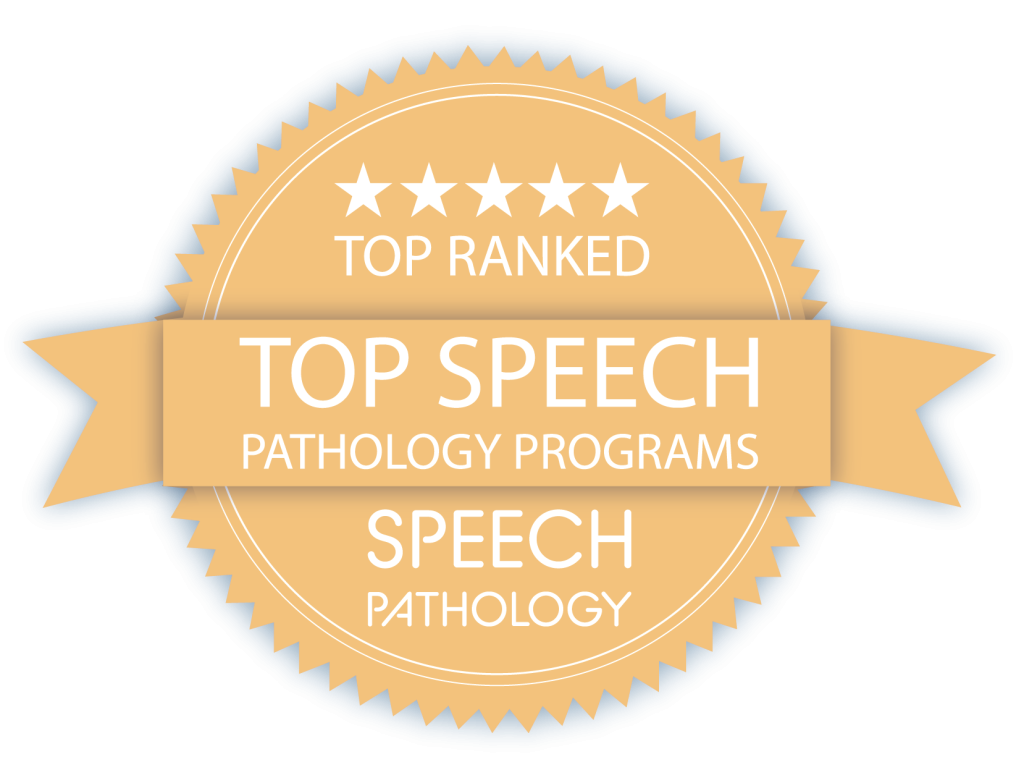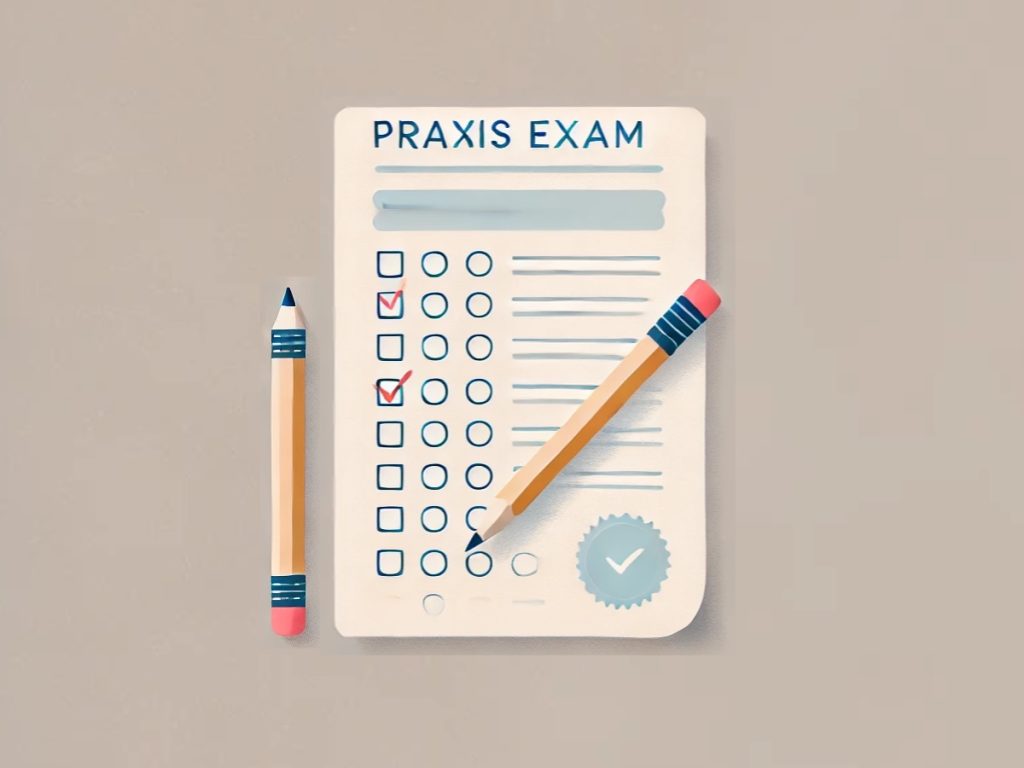Last Updated
April 14, 2025Written By
Cynthia Harris, M.S., CCC‑SLPFor anyone who wants to pursue a degree in speech pathology, Maryland offers a warm, community-focused environment. Maryland has several highly regarded programs with strong clinical training and supportive faculty. There are many accredited SLP programs so graduates are eligible for state licensure and nationally recognized credentials. Students enjoy a blend of rigorous coursework and hands-on practice that can lead to rewarding roles in schools, hospitals and rehab centers. The job market for speech-language pathologists in Maryland is strong due to a growing population and steady demand in both urban and rural areas.
SLP Salaries here are generally higher than many parts of the country, often falling in the mid-$90,000s per year. That can be an appealing draw for those comparing different states or regions. This is also an area where Maryland has a robust network of hospitals and medical research institutions. This can lead to more diverse clinical experiences, and potential connections in everything from pediatric speech pathologists to geriatric care. Graduates report strong employment prospects, a welcoming professional community, and the chance to help people in meaningful ways. In addition to outstanding academics and valuable networking opportunities, Maryland is a prime location to earn your SLP degree because of a higher-than-average salary range.

Explore the top-rated speech-language pathology programs in Maryland with our curated rankings. Whether you’re just starting or ready for the next step, speechpathology.org showcases the best SLP schools in Maryland for aspiring professionals. Discover how programs are selected at speechpathology.org/rankings-methology.

College Park, MD - Public 4-Year - umd.edu
Campus Based - Visit Website
The University of Maryland-College Park's Master of Arts in Speech-Language Pathology with Cultural and Linguistic Diversity Emphasis requires 35 credits and prepares students for clinical certification and state licensure. This program offers thesis and non-thesis options, along with practical experience at the University Speech and Hearing Clinic. It meets national credentialing standards and includes a Bilingual Certificate Program, focusing on serving diverse populations. The program is accredited by the Council on Academic Accreditation and requires an entrance exam for admission.
Campus Based - Visit Website
University of Maryland-College Park's Master of Arts in Speech-Language Pathology is a 35-credit program that includes practical experience and prepares graduates for certification and licensure. Courses cover adult and child language disorders, fluency, and voice disorders, with both thesis and non-thesis options available. The program offers a Cultural and Linguistic Diversity Emphasis and a Bilingual Certificate Program, accredited by the Council on Academic Accreditation. An entrance exam is required for admission to this master's level program.
Campus Based - Visit Website
The Master of Arts in Speech-Language Pathology at University of Maryland-College Park, with a Bilingual Certificate Program concentration, requires 35 credits and practical experience, preparing students for the Certificate of Clinical Competence and state licensure. It emphasizes cultural and linguistic diversity, offers thesis and non-thesis options, and includes supervised clinical practica. Accredited by the Council on Academic Accreditation, the program covers disorders like autism spectrum and dysphagia, and requires an entrance exam for admission.
Baltimore, MD - Private 4-year - loyola.edu
Campus Based - Visit Website
Loyola University Maryland's Bachelor of Arts in Speech-Language-Hearing Sciences offers a comprehensive undergraduate foundation in communication systems and disorders, blending academic coursework with clinical observation opportunities in various settings. This campus program prepares students for graduate studies in speech-language pathology or audiology, typically requiring a strong academic record for advancement. No specific entrance exam is mentioned for this bachelor's level program.
Campus Based - Visit Website
Loyola University Maryland's Master of Science in Speech-Language Pathology is a CAA-accredited, two-year campus program requiring 60-65 credits. It emphasizes evidence-based clinical practice with hands-on training starting in the first semester at the Loyola Clinical Center and includes second-year externships. The program covers ASHA's Big-Nine areas through diverse clinical placements, including telehealth, and prepares graduates to advocate for individuals with communication disorders. An entrance exam is required for this master's level program.
Towson, MD - Public 4-Year - towson.edu
Campus Based - Visit Website
Towson University's Bachelor of Science in Speech-Language Pathology and Audiology offers a pre-professional foundation for graduate study, featuring small cohort learning, 80% classes taught by full-time faculty, and clinical practicum opportunities. This screened major prepares students for clinical certification in growing healthcare fields, with career prospects in schools, hospitals, and private practices. Admission requires an ACT or SAT entrance exam for this bachelor's-level program.
Campus Based - Visit Website
Towson University's Master of Science in Speech-Language Pathology, accredited by the Council on Academic Accreditation, prepares students for national certification and state licensure through a comprehensive curriculum covering communication disorders, therapeutic strategies, and prevention. The program emphasizes professional standards, ethical behavior, and practical skills, with extensive on- and off-campus clinical experience. Admission requires a bachelor's degree in Speech-Language Pathology or equivalent with specific prerequisites, and an entrance exam is required for this graduate-level program.
The first step of becoming a Speech-Language Pathologist in Maryland is to obtain a bachelor’s degree in speech pathology or a related field. The programs offered by Towson University, Loyola University Maryland or the University of Maryland at College Park and those similar to them require a high school diploma or GED, satisfactory SAT or ACT scores and a good academic record. With a bachelor’s degree only, you can apply for positions of a speech-language pathology assistant or in advisory positions in schools or healthcare facilities.
However, to become a fully licensed SLP in Maryland, one needs to have a master’s degree in speech pathology from an ASHA accredited program. Admissions to these graduate programs are based on an undergraduate major in communication sciences or completion of specified courses, solid GRE scores, and letters of recommendation. Master’s programs in Maryland usually last for two years and involve practical training. They may be more expensive than the bachelor’s programs, but the starting salary is also better. Salaries for SLPs in Maryland are average in the mid-$90,000s, which could justify the extra expense of graduate education. If you can’t find a bachelor’s or master’s program close by, or at an out-of-state accredited school, then. Either way, Maryland has a vibrant job market and high paying salaries that make it a great state in which to train and work in this field.
At the University of Maryland, there is a PhD in Hearing and Speech Sciences, which is a research focused doctorate, and is ideally suited for those interested in pursuing academia or advanced research.
SLP admissions are typical for doctorate degrees and may require a solid academic record, letters of recommendation, and possibly GRE scores. Some students enter the program with a master’s in speech-language pathology, but others come with a bachelor’s degree and speech pathology specified coursework. Graduate students can generally get teaching or research assistantships that help pay for tuition and provide valuable on-campus job experience. After graduating, many people become professors, head clinical research teams or work as consultants in policy making. They can earn a lot of money, if they work in academics or in particular clinical positions. An SLPD is a clinical doctorate that is designed for practicing clinicians to build on their clinical skills, to move into leadership positions or program development roles.
At present, no university of Maryland offers an SLPD, hence students who wish to pursue this path usually seek programs offered by out of state or online SLP programs which are accredited by the American Speech-Language Hearing Association. The admission requirements may include a master’s degree in speech language pathology, a current license and practice experience. These programs are usually more expensive than the PhD, but are usually shorter and more applied in nature. Their graduates may head hospital departments, create interventions for the community or become very skilled clinicians. Both of the speech pathology doctorate paths will enhance your credentials and can result in higher earnings, although the decision revolves around preference for research or advanced clinical practice.
In Maryland, one must have a master’s degree from an ASHA accredited program to practice as an SLP. You also have to have a clinical fellowship supervised by a licensed professional for 9 months on a full time basis. This fellowship is generally composed of around 1,260 hours of practical learning. Once that is done, you would have to sit for the national Praxis exam that examines your knowledge in areas such as assessment, treatment, and professional ethics. This is one of the last requirements before fully getting a Maryland Speech Language Pathology License. Maryland’s Board of Audiologists, Hearing Aid Dispensers & Speech-Language Pathologists also requires applicants to be of “good moral character,” which basically means you must abide by professional standards and regulations.
When licensed, the Maryland Speech Pathology License must be renewed every two years with continuing education. Continuing education in Maryland is currently 30 contact hours of approved courses, workshops, or conferences. It is a way of updating the knowledge and staying current with the current approaches and findings. Some of the SLPs may decide to go for the Certificate of Clinical Competence from ASHA that is a plus to any employer and may also help in getting the licensing exam in another state. In general, the road is long, but it is worthwhile if a person wishes to enable people with communication disorders to function effectively in their daily activities.
Many Maryland students want to know how quickly they can become speech-language pathologists. A bachelor’s degree in Communication Sciences or a similar track generally takes four years, though some students might finish in under that if they bring in transfer credits or take summer classes. A master’s degree is usually the biggest piece of the puzzle, because that’s the credential required for SLP licensure. In Maryland, most full-time master’s programs take about two years, although a few options in other states offer accelerated online speech pathology degree pathways that can wrap up in around 20 months. There aren’t official bachelor’s-to-master’s “combined” programs in Maryland that shorten your timeline, but you can sometimes begin master’s-level coursework during your senior year if your department allows it.
For a research-focused path, the University of Maryland lets you combine a master’s with a PhD in Hearing and Speech Sciences, so you can save time by overlapping some requirements. A typical PhD can otherwise stretch four to five years beyond the master’s. Maryland doesn’t currently have an SLPD program, which is a clinical doctorate. If speed is your top priority, look for ways to streamline prerequisites, enroll full time, and take advantage of any summer or intersession course offerings.
| School Name | Highlights | Retention & Grad Rates |
|---|---|---|
| University of Maryland-College Park |
|
|
| Loyola University Maryland |
|
|
| Towson University |
|
|
If you are looking for the cheapest speech-language pathology degrees in Maryland then the state’s public universities are the cheapest for residents of the state. At the undergraduate level, Towson University and the University of Maryland at College Park are both schools that provide SLP bachelor’s degree programs that are usually cheaper than private schools if you are an in-state student. The tuition fees for Maryland residents in public universities are usually around several thousand dollars per semester while for out of state students the tuition fees are usually quite a bit higher.
In a master’s degree program, you will be paying more per credit hour but it will be cheaper to attend a public university than a private one like Loyola University Maryland which is often more than $30,000 per year. However, at public universities it is possible that you will spend $20,000 – $35,000 total for a full time master’s program, depending on the number of credits and other fees.
In the case of a PhD in Hearing and Speech Sciences, it is possible to get tuition waivers or assistantships that provide tuition fees in return for teaching or research duties. This can make the advanced speech pathology degree surprisingly affordable. Maryland doesn’t offer an SLPD program, so you may want to search for clinical doctorates elsewhere. All in all, public schools are the way to go if you are looking to strike a balance between cost and standard.
| School Name | Highlights | Annual Estimated Tuition & Fees |
|---|---|---|
| Towson University |
|
|
| University of Maryland-College Park |
|
|
| Loyola University Maryland |
|
|

If you are interested in pursuing a career in SLP and have been researching licensing requirements or are simply interested in learning more about SLP

If you are pursuing the position of a speech-language pathologist, then you may have heard of the Praxis exam from your professors, classmates, or even

If you have ever been researching speech-language pathology careers and come across the words ‘speech pathologist’ and ‘speech therapist’, you might wonder if they are

Dyslexia, a common learning difference affecting reading, writing, and language processing, can present unique challenges for students transitioning from high school to college. Fortunately, a